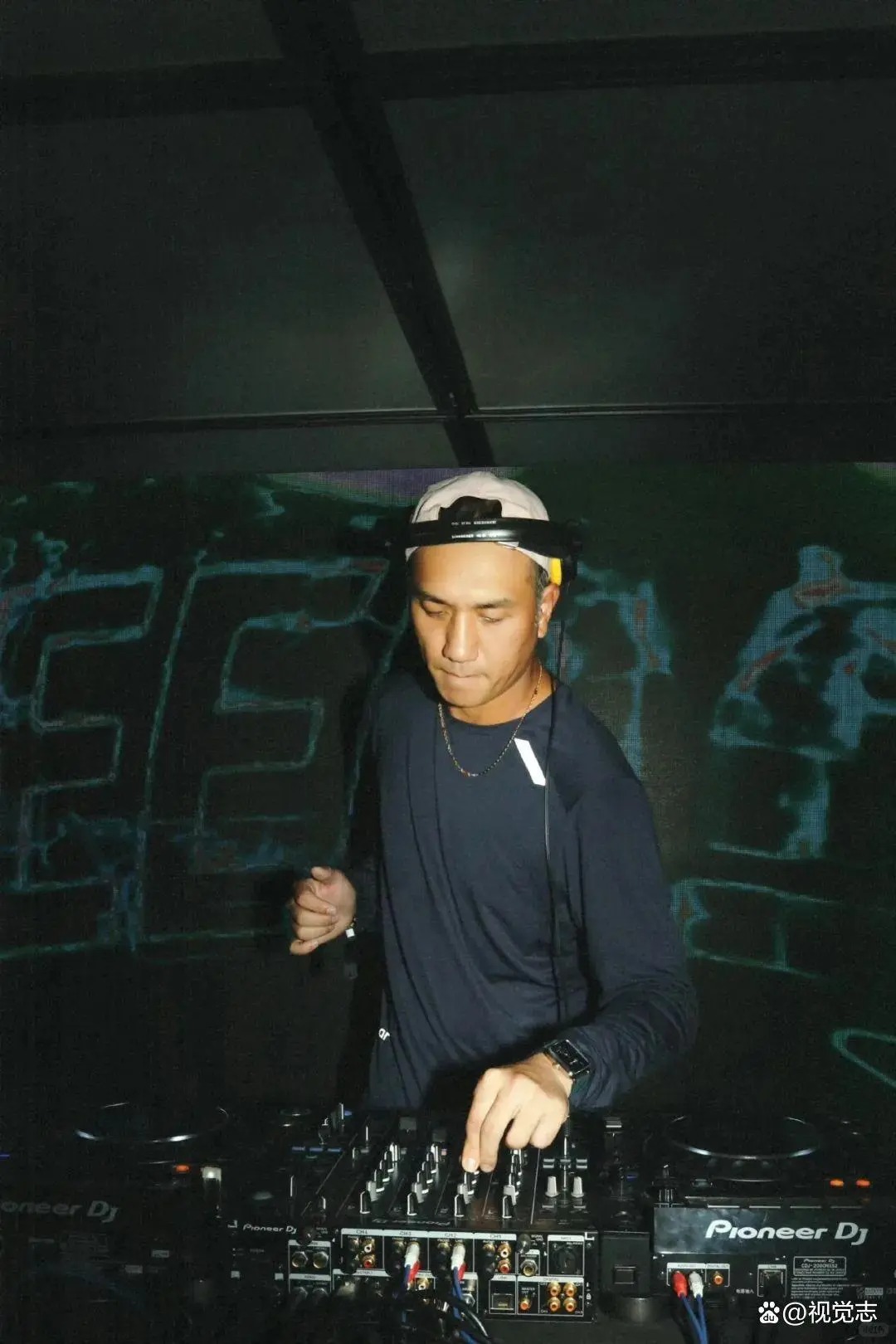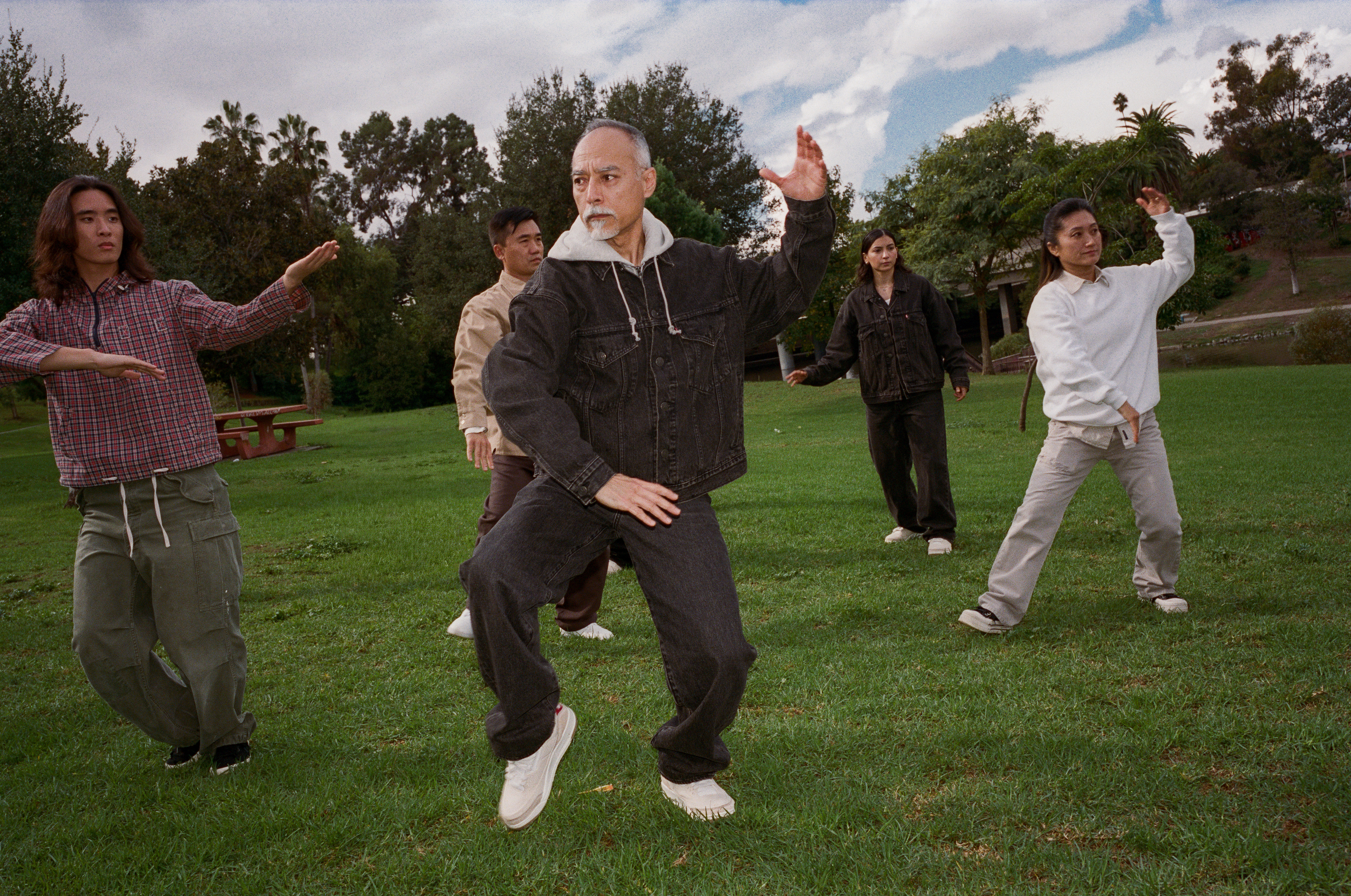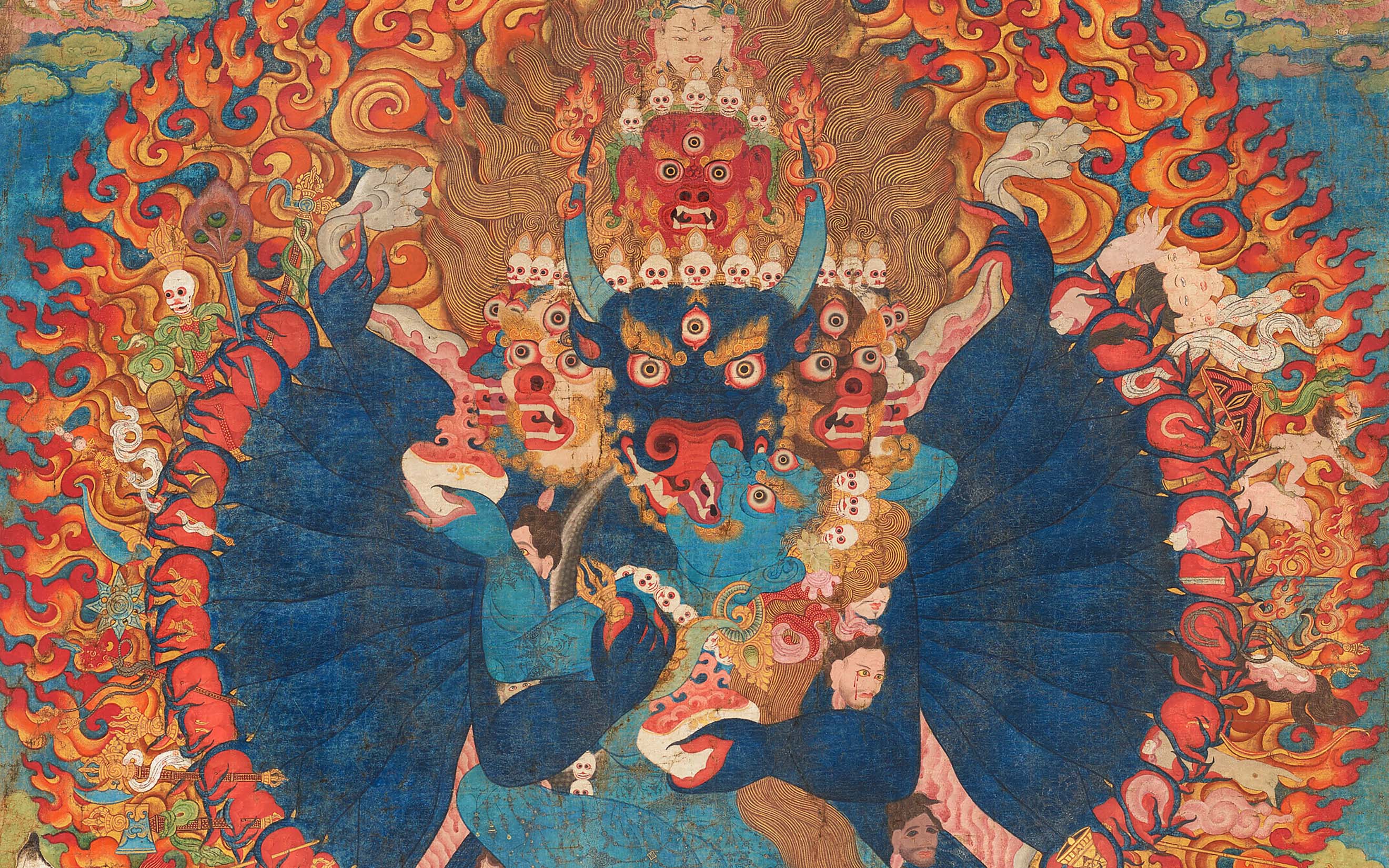Written and directed by Dan Kwan and Daniel Scheinert, Everything Everywhere All At Once premiered in the United States on March 25 and has received rave reviews worldwide, China included.
Although the sci-fi film hasn’t officially been released in China, it has maintained its position on Douban’s ‘hottest movies’ chart for weeks and scored an 8.8/10. A hashtag for the film has also gained more than 8 million views on Weibo.
Part of the movie’s buzz is linked to a hilarious translation of its title used in Taiwan — ‘妈的多重宇宙.’ When translated from Mandarin back to English, ‘妈的多重宇宙’ can be interpreted as either ‘Mother’s Multiverse’ or, comically, ‘Fucking Multiverse.’
Everything Everywhere All At Once follows Evelyn Wang, who is brilliantly played by Michelle Yeoh, and her husband Waymond (not a typo) Wang, played by Ke Huy Quan. The couple has migrated from China to the U.S. and run a laundromat for a living.
While being audited by the Internal Revenue Service (don’t we all hate tax season?), Evelyn accidentally discovers the multiverse and realizes that she must connect with parallel realities to prevent a catastrophe from happening.
In portraying her character’s alternate identities, actress Yeoh performed a wide array of roles, from Chinese opera diva to kung fu star.

In one alternative universe, humans have sausage-shaped fingers. Yeah, Everything Everywhere All At Once gets pretty weird
Editor’s Note: Spoilers ahead; you’ve been warned!
Ultimately, Evelyn must face off against a villain that turns out to be her dearest daughter, Joy (played by Stephanie Hsu). Joy is a college dropout who struggles to live up to her mother’s expectations. Evelyn herself was not welcomed upon birth by her father, who still had the outdated preference for male descendants.
Described as a “Millennial parental apology fantasy” by Vox, Everything Everywhere All At Once reminds many audience members of the recent Pixar hit Turning Red.
Both films indeed bear common themes, from familial relationships to third-culture kid experiences. Furthermore, both productions imply that sometimes trauma runs so deep that it can only be healed by supernatural means.
“As someone who grew up in an Asian family, I can really relate,” reads one of the most upvoted comments on Douban.
Another user wrote, “I couldn’t imagine a better reconciliation storyline for an Asian family: Three generations forgive each other after fights and killings at the tax office.”

Everything Everywhere All At Once
Chinese audiences have applauded the film’s creative repackaging of familiar and relatable topics (and the head-turning title in Taiwan!). A popular comment on Douban reads, “Rich imagination and strong execution. Although the story is straightforward, it is told in such an interesting way!”
Meanwhile, others have praised the director’s choice of a middle-aged Asian woman for the role of world savior — a decision we also applaud.
All images via IMDb


















